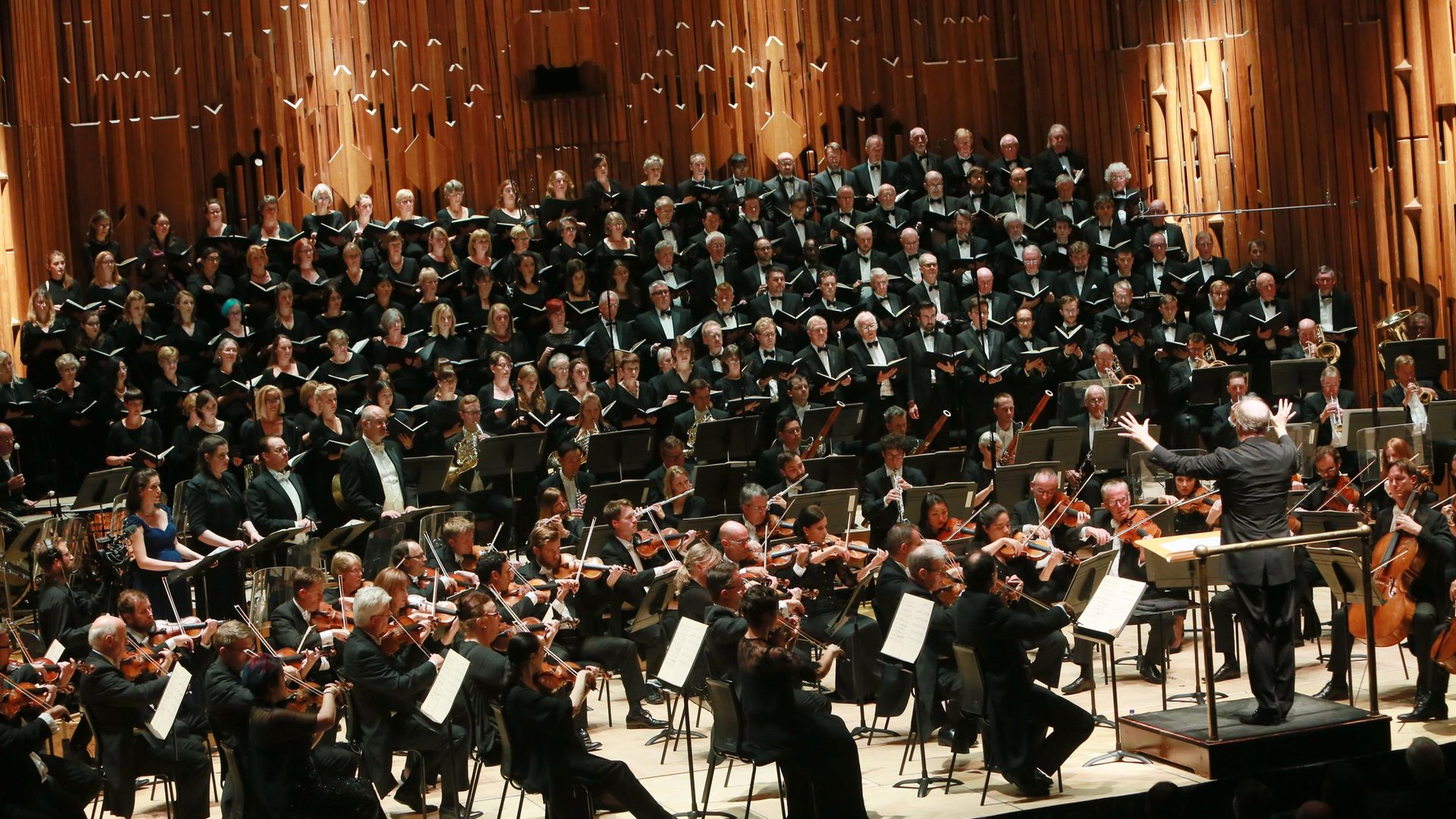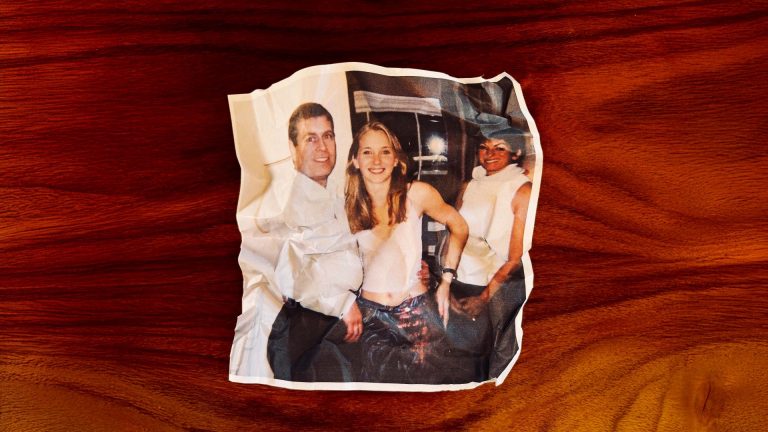
The brilliant neurologist-cum-writer Oliver Sacks wrote a book called Musicophilia in which he explored his own great passion for music through the lens of scientific detachment.
The work is full of delights – not least Sacks’s unpicking of the troubling phenomenon of the ‘earworm’, or tune we cannot purge from our brains. The explanation? Invariably these are fragmented because we have indeed heard only the fragment, and our mind/brain labours to make good the deficiency – to ‘play it’ until the end. It’s not far from this realisation, to the chilling recognition that in the Age of Muzack earworms must, perforce, proliferate hideously: a writhing mass of never to be concluded versions of pop standards.
Yes, like country music versions of Zeno’s paradoxes, we may sing along as much as we may, but we’ll never get to touch the green, green grass of home
At least, this was the situation before the pandemic, when we divagated heedlessly from one recessed speaker to the next, en route to the chiller cabinet with the guacamole in it. Nowadays, with our time spent in these sorts of spaces – lobbies, shopping centres and malls, airports – much circumscribed, earworms are also under threat, as is more finished and achieved music. Sacks also wrote of a musician who suffered an insult to his mind/brain that effectively ‘unmusicked’ him – deprived him of any capacity of enjoy melody, harmony, rhythm and coloratura.
This would be an horrific state of being at an individual level – yet how much worse at a collective one. The philosopher, Schopenhauer, argued that music was the supreme art because it bypassed the intellect altogether and connected psyches at the level of pure emotion; and the evidence of this is all around us, from the teary faces of veterans at the Cenotaph when the Last Post is played, to the corybantic excesses of the young (and not so young) as, fuelled by booze and drugs, they respond viscerally to repetitive beats.
Strange to relate, once upon a time I was in synch’ with them – but by my mid-thirties I found such wanton jiggling altogether unseemly. Amplified electric guitars were the next to go: their demented skirl used to energise me as much as any other accomplished air-player; but in my early forties I realised I was finding the volume at live gigs insupportable, while sitting around listening to the recorded raucousness became so painful an exercise in nostalgia that I began to wish fervently – rather than merely hope – to die before I got much older.
I was saved by horsehair and catgut: classical music offered me huge new soundscapes of great beauty, artistry and intense feeling – while concerts were exercises in compelling schadenfreude, since often I was the only person in the audience whose natural hair colour wasn’t grey, white or silver. I would also argue – with anyone who I could compel to listen – that classical ensembles could rock ‘n’ roll with the best of the band. Talk about heritage acts – try listening to Beethoven’s Overture to Egmont with volume cranked right up: I challenge you not be absurdly, romantically – nay, insanely inspirited.
For a while I zealously attended concerts, collected recordings, and even learned to distinguish between the identically plummy-voiced presenters on Radio 3, all of whom seemed to be called Sara. But about four years ago I realised that even this last redoubt of sound was under attack by… silence. I stopped playing music while I did routine desk work (I’ve never listened to it while writing seriously – it disrupts the rhythms of prose with its own), cooking and other domestic tasks. I no longer played it on the rare occasions that I drove. And I confess, I no longer took much of an interest in what was happening in the ‘world of music’ at all.
All of this made me feel almost guilty when the pandemic struck and lights were switched off at clubs, pubs and concerts halls the length and breadth of the land. Was this, I wondered, a strange case of morphic resonance retroacting into the past? Had my preternaturally sensitive ears perhaps anticipated the gathering soundlessness – much as an audience senses it, and so falls suddenly silent – thereby enacting a sort of front-guard action so as to protect me from the sadness and disillusionment so many other have experienced, deprived of their musical balms and stimulants?
It hardly seemed likely – and yet unmusicked I very definitely am. And then the answer came to me: Schopenhauer was indeed right – and we crave music to facilitate emotional connection generally when we don’t feel it in particular. Music may be the food of love – but once it’s been well nourished it’s served its purpose. There’s this, and there’s also a peculiarity of my immortal beloved: she’s preternaturally sensitive to sound of all sorts, such that the airiest of Satie piano airs is to her as the most bombastic and overblown of marches played on a giant pipe organ. So it is we repose in our own sans souci… sans souci.










